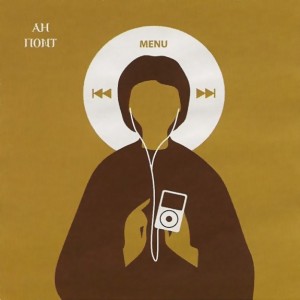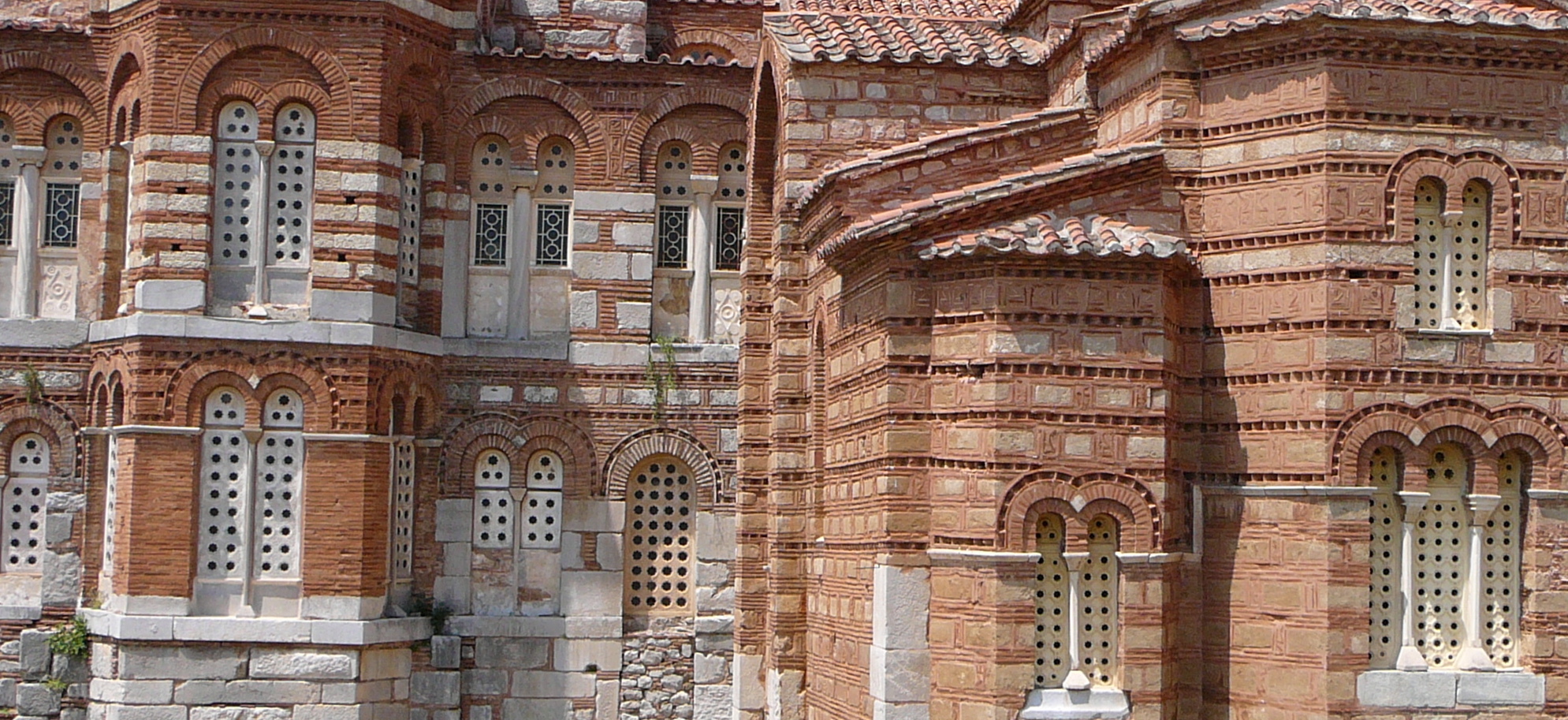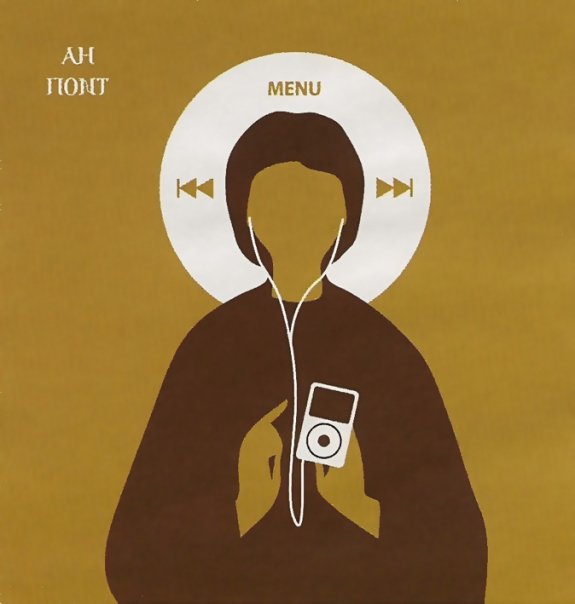Episodes

5 days ago
5 days ago
A conversation with Alicia Walker (Bryn Mawr College) on the pseudo-Arabic inscriptions (or pseudo-kufic) that appear on a number of tenth- and eleventh-century churches in Greece, most notably at the monastery of Hosios Loukas. What did the Arabic script signify in Orthodox culture at the time if not tension with Islam? The conversation is based on Alicia's essay 'Letters from the Edge: Mapping Pseudo-Arabic between Byzantium and the Near East,' in E. Bolman et al., eds., Worlds of Byzantium: Religion, Culture, and Empire in the Medieval Near East (Cambridge University Press 2024). Alicia also prepared a video version of our conversation with images of the places and objects we discuss: you can find it at https://www.youtube.com/watch?v=wqoBeFpWots

Thursday Jan 29, 2026
149. The Classical Near East, with Kevin van Bladel
Thursday Jan 29, 2026
Thursday Jan 29, 2026
A conversation with Kevin van Bladel (Yale University) on his proposal regarding "The Classical Near East," a constellation of fields defined by the classical literary traditions of medieval Near Eastern cultures, including Byzantium. We talk about languages, fields, classical traditions, translations, and more. The conversation is based on Kevin's chapter 'The Classical Near East' in E. S. Bolman et al., eds., Worlds of Byzantium: Religion, Culture, and Empire in the Medieval Near East (Cambridge 2024) 79-97.

Thursday Jan 15, 2026
Thursday Jan 15, 2026
A conversation with Jana Matuszak, a Sumerologist, and Petra Goedegebuure, a Hittitologist (both University of Chicago) about the prospects for the survival of smaller academic disciplines that require specialized language skills. What critical mass of experts is needed? How can these fields be combined with others? Byzantine Studies is still larger than Sumerology and Hittitology, but the numbers of our full-time faculty is shrinking. How can our fields navigate an uncertain future?

Thursday Jan 01, 2026
147. How the ninety percent experienced the Roman economy, with Kim Bowes
Thursday Jan 01, 2026
Thursday Jan 01, 2026
A conversation with Kim Bowes (University of Pennsylvania) about her recent book, Surviving Rome: The Economic Lives of the Ninety Percent (Princeton University Press 2025), which presents a brilliant new model of the Roman imperial economy, specifically for how the majority of the population experienced it. We talk about the skeletal evidence, monetization, affluence and precariousness, and levels of consumption. This is only a taste of the many exciting new arguments made in the book, which all of you should go read.

Thursday Dec 18, 2025
146. Ezana of Aksum, the first Christian king in Africa, with Aaron Butts
Thursday Dec 18, 2025
Thursday Dec 18, 2025
A conversation with Aaron Butts (University of Hamburg) on the conversion to Christianity of Ezana, the fourth-century king of Aksum (in modern Ethiopia and Eritrea). "Conversion" is a conventional term, but what Ezana's inscriptions and coins reveals is a complicated process of appealing to different groups and the coexistence of religions in his realm and the royal monuments. The conversation is based on Aaron's forthcoming paper 'Ezana of Aksum: The First Christian African King,' Aethiopica 28 (2025).

Thursday Dec 04, 2025
145. Seeing into the minds of others, with Ellen Muehlberger
Thursday Dec 04, 2025
Thursday Dec 04, 2025
A conversation with Ellen Muehlberger (University of Michigan) about how some people in late antiquity tried to model, confirm, or interpret what they thought was going on in the minds of others. We briefly talk about the genre of the lecture book, and then about classroom exercises in impersonation (were they exercises in empathy or not?) and breaking into houses to see what people had in their private quarters. The conversation is based on Ellen's recent book Things Unseen: Essays on Evidence, Knowledge, and the Late Ancient World (University of California Press 2025).

Thursday Nov 20, 2025
144. The two millennia of Roman history, with Ed Watts
Thursday Nov 20, 2025
Thursday Nov 20, 2025
A conversation with Ed Watts (University of California, San Diego) about his recent book, The Romans: A 2,000 Year History (Basic Books 2025), which covers two millennia of Roman history, down to 1204 AD. We talk about questions of scale in writing history, of continuity and discontinuity in the Roman experience, and what enabled this polity to last for so long. What insights does studying its second millennium (at Constantinople) cast on its first (at Rome), and vice versa?

Thursday Nov 06, 2025
143. Coping with earthquakes in the churches of Constantinople, with Mark Roosien
Thursday Nov 06, 2025
Thursday Nov 06, 2025
A conversation with Mark Roosien (Yale University) about the earthquakes that struck Constantinople in late antiquity and about how emperors and the people of the City reacted to them in the moment. We focus on the church liturgies that commemorated and tried to make sense of them. The conversation is based on Mark's book Ritual and Earthquakes in Constantinople: Liturgy, Ecology, and Empire (Cambridge University Press 2024).

Thursday Oct 23, 2025
142. The decline of animal sacrifice in the late Roman world, with James Rives
Thursday Oct 23, 2025
Thursday Oct 23, 2025
A conversation with James Rives (University of North Carolina at Chapel Hill) on the history of ancient animal sacrifice in the Roman world. We focus on its decline and eventual demise in the third and fourth centuries. Animal sacrifice was caught up in the conflicts between the Roman emperors and the Christian Church, which endowed it with an importance it had not had before. The conversation is based on James' recent book Animal Sacrifice in the Roman Empire (31 BCE-395 CE): Power, Communication, and Cultural Transformation (Oxford University Press 2024).

Wednesday Jul 23, 2025
141. The Renaissance and Byzantium are characters in the same play, with Ada Palmer
Wednesday Jul 23, 2025
Wednesday Jul 23, 2025
A conversation with Ada Palmer (University of Chicago) about the invention of the idea of the Italian Renaissance and the functions that it serves in the western historical imagination. "Byzantium" is a similarly invented category that often works in tandem with "the Renaissance" to mark good and bad moments in the history of culture. The conversation is based on Ada's recent book, Inventing the Renaissance: The Myth of a Golden Age (University of Chicago Press, 2025). She is also an award-winning science-fiction author and one of the most successful and popular teachers at the University of Chicago, featured in the New York Times for the mock papal elections through which she teaches students about the inner workings of Renaissance politics.

